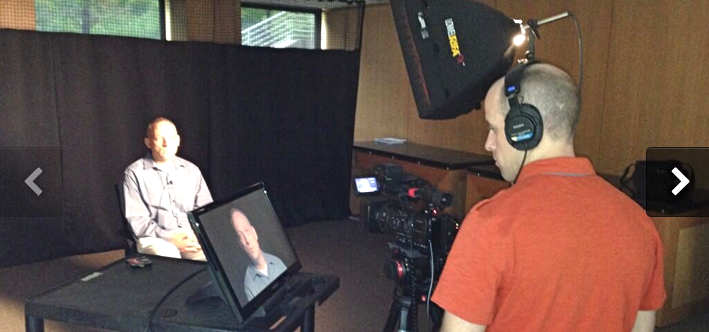 Most university models financially reward teaching and research. Press visibility may be considered a bonus or contribution towards “good citizenship” (whatever that means), while some institutions don’t look highly upon those doing media work as it takes away from research (a mindset that desperately needs changing, in my opinion).
Most university models financially reward teaching and research. Press visibility may be considered a bonus or contribution towards “good citizenship” (whatever that means), while some institutions don’t look highly upon those doing media work as it takes away from research (a mindset that desperately needs changing, in my opinion).
I have worked with many different types of professors over the years, and strongly believe that every faculty member and academic should be invested in external communications efforts. I am also of the belief that university systems should reward media visibility and a faculty member’s social media efforts (I am not naïve – I know this it is easier said than done). Here’s why I think this important for academics to be actively involved in external communications:
- Societal impact and promotion. Most universities have some sort of mission or goal that refers to bringing knowledge to the benefit of society. If it is not explicitly stated, then it is often implicitly implied. Television interviews, blog posts, tweets and quotes in news outlets are among the best ways to do this. Academic research is indeed necessary and provides the credibility about the validity of ideas, but just writing in the Journal of (fill in the blank), usually read by a very select audience, is not enough.In addition, professors’ external visibility, if communicated strategically and effectively, provides valuable promotional benefit for both the institution and the individual faculty member. Surely more prospective students are watching the mainstream media, as opposed to reading the academic journals.
- Classroom performance. Academics and professors who are good in front of a television camera are more effective in teaching to their students in the classroom. This claim is based on personal observances. While there may be a few exceptions, I think this is a rather logical conclusion: professors who can break down the nuances of their research and expertise in ways that can be easily digested by a general audience during a media interview should then be able to translate that ability to communicate to their students in the classroom. Wouldn’t any professor want students to better be able to understand and apply his/her insights from the classroom?
- Learning. My colleague and friend Bill Fischer, a professor at IMD in Switzerland, frequently talks about the importance of taking part in social media to learn (read his Forbes piece about Selfish Tweeting for more information). Professors who are taking part in external communications efforts have the means to learn and gain different types of perspectives that can further inform research and ideas.
Despite the importance of this work, there are some inherent “language barriers” that prevent many academics from delving into this world. Summarizing a 30-page research paper into an Op Ed, blog post, tweet and / or 30-second soundbyte for television is not an easy task. The research could have taken years to complete, and involved a complex range of methodologies to prove / disprove hypotheses and previous work done by other academics.
Delivering crisp summaries of research often doesn’t come naturally. Research is often times inherently complex, and explaining it in layman’s terms can be quite a challenge. Jargon used in small niche academic circles doesn’t translate well to general audiences. And of course there is the risk that an interview can go off the tracks and come across negatively. These are among the many reasons why academics should consider going through training – for both traditional media and social media – with either their school’s communications team resources or an outside consultant.
Am I missing anything here about the importance of public relations activity for academics and any barriers? And am I wrong – are there reasons that academics shouldn’t be getting trained in these areas and taking part in external communications? Feel free to share your comments below.
Future blogs posts will be highlighting different aspects on how academics can strategically take part in external communications to increase the likelihood of a positive result. Stay tuned.
